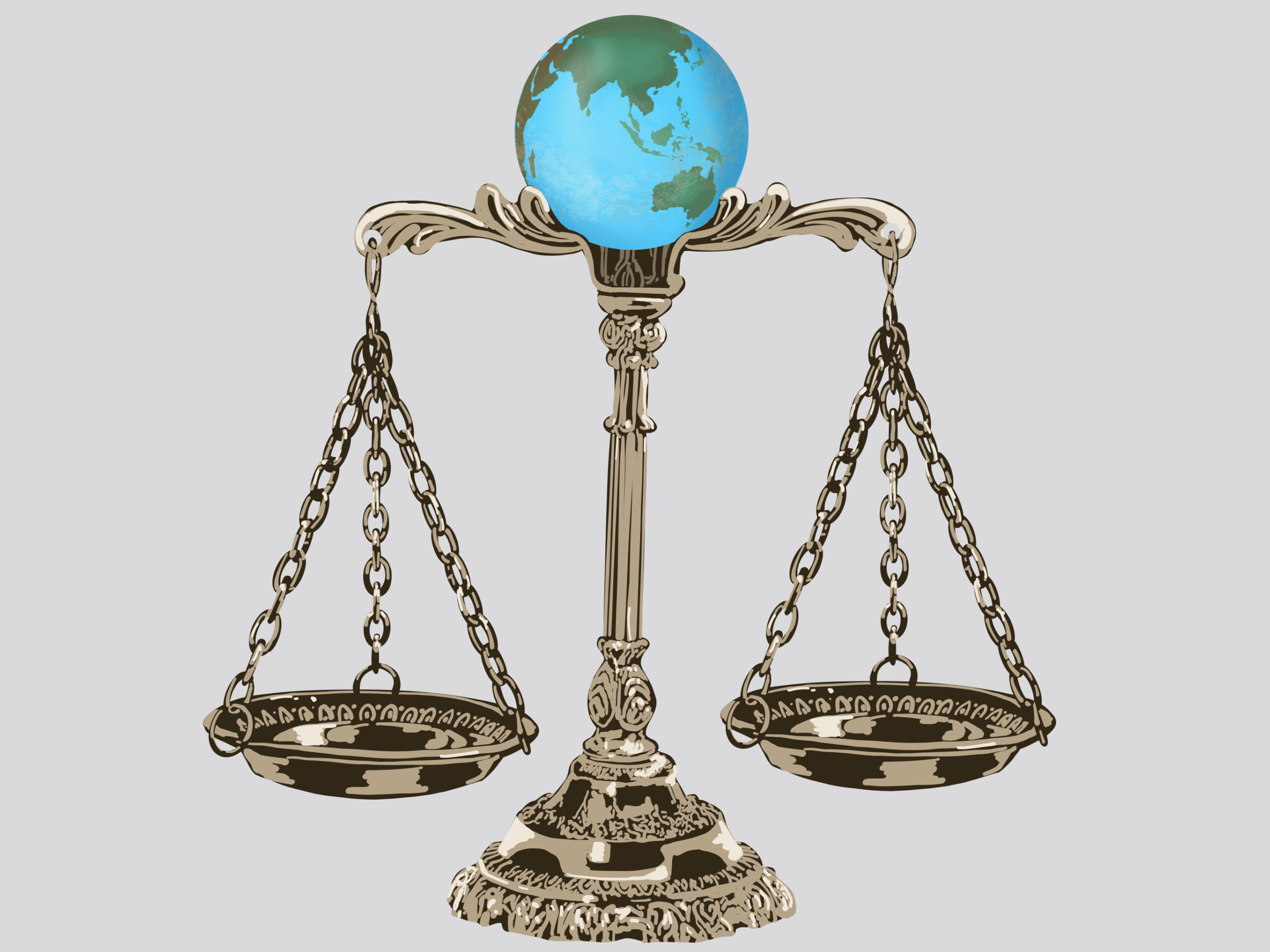Cultural relativism and human rights
How can cultural relativism be reconciled by the notion of universal rights?
As an undergraduate student, the complexities of human rights and morality are a growing factor in my personal, educational, and professional growth. Can human rights ever be universal? The idea seems undeniably appealing. After all, everyone’s rights should be expressed and treated equally regardless of cultural or background context. However, notions of cultural relativism warrant a deeper, more nuanced conversation on the state of human rights in today’s society, especially considering current global events that complicate the ideals of a universal rights application.
Let’s first define what human rights are. They are usually known as the rights and freedoms which are given to people simply for being human. More technically, the Universal Declaration of Human Rights (UDHR), an international document and monumental achievement of the United Nations, declares the rights—such as safety, security, freedom, and expression—that every person is entitled to. Yet, these rights are precariously applied due to the different political, social, and cultural frameworks of each nation, bringing into question how human rights are selectively applied to certain demographics. There are many instances in which the specificity of culture and cultural preservation come into conflict with the universality of human rights. Nuances that inevitably emerge are hard to settle because the lines separating genuine cultural beliefs and oppressive ideologies are blurry and impede upon the cultural sensitivities of its people.
Not long ago the discovery of the unmarked graves across Indigenous territory and the horrors of residential schools sparked notable debates over the righteousness of Indigenous treatment and solidarity. The National Day for Truth and Reconciliation, which recently passed, highlights the importance of recognizing and standing for Indigenous cultural activism, which arguably prevails over other Western values in other parts of the world.
In Canada, for instance, public protests are allowed because of the right to express freely and have mobilized political action. This is a right Canadians enjoy, but other countries have different attitudes towards freedom of expression, and even prohibit expression to protect social and political harmony or protecting religious beliefs.
Cultural relativism may argue that these restrictions are put in place to demand societal order in cultural contexts. But is it justifiable to silence the freedom of expression against, say, oppression?
In many Western countries, gender equality is considered a fundamental right. Other cultures impose social norms, such as denying women work or assigning them specific traditional gender roles, as a way of maintaining social cohesion. This denies certain groups of rights that Canadians readily take for granted. The clash, however, is that cultural relativism may argue that forcing the gender equality norms and freedoms in Western countries upon other cultural contexts is a form of colonialism, deprecating the societal and cultural standards of a nation that does not fit into Western definitions.
In these contexts, cultural relativism shifts between being a tool for cultural emphasis and a barrier to social justice. The pursuit of universal rights is not meant to take away from cultural identities but instead encourage the dignity of individual expression. Social media can impact all media platforms and physical movements as well as the ongoing effort to promote discussion and community in local environments. By fostering dialogue, respecting local and global cultural contexts, and emphasizing the rights to individual betterment, the understanding of moral universality and diversity is attainable.

